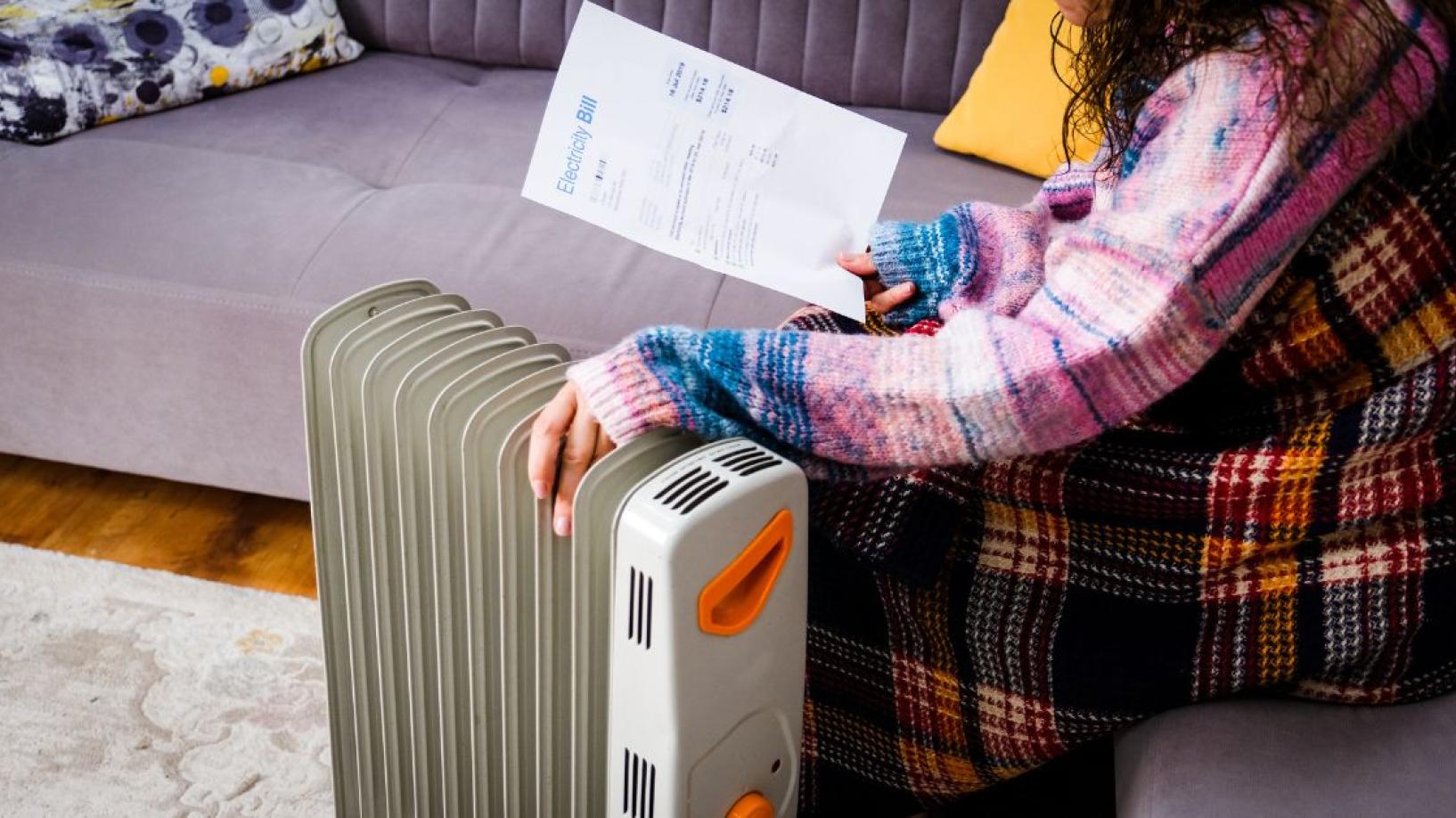From the Interim CEO
The end of July marks the first month that most Australians have had to endure the latest energy price hikes – in some cases, facing increases up to 55%. The stories we’re hearing from consumers facing hardship are pretty heartbreaking.
One person we spoke to, a man with two young children living North of Melbourne, said he thought his family would have to move in with his mum or friends and ‘hibernate’ for the winter to avoid running up bills. We’re also hearing that many consumers in financial difficulties are needing to take out credit cards or use Buy Now Pay Later finance to pay their energy bills. And that many previously ‘comfortable’ families are reaching out for help and joining energy hardship programs. Indeed, the latest AER data shows a 19% increase in residential electricity customers participating in hardship programs.
To help manage rising energy costs, consumers have told us that they want to see support such as rebates and payment plans - and they also want to receive useful information on how they can better manage their bills.
Given just how many energy education and literacy campaigns are out there, this may come as a surprise. However, we have found that the problem is not a lack of information to support energy consumers, but rather a tangled web of information so daunting and complicated that consumers switch off and give up. It’s information overwhelm.
If you’ve ever tried to search for information on how to reduce your energy bills, you’ll probably be familiar with this experience. Millions of search hits from a multitude of organisations, some with potentially conflicting interests. Seemingly endless recommendations and information that is out of date, often written in what may as well be another language.
There is a need for clear and concise communications that empower consumers to navigate current challenges, and understand what they need to do to play their part in the energy transition. That’s why we’re calling for consumers to receive the right information, at the right time, from the right sources. You can read more about what we think a successful energy communication campaign looks like here.
One way we’ve been trying to put this into practice here at ECA is through our Consumer Advice Hub. The Hub provides clear and practical advice to consumers wanting to take control and manage their energy use. And it’s getting cut-through; we’ve had tens of thousands of visitors. We’ve recently added new resources to the Hub for households struggling to pay their energy bills.
We’re committed to sharing our insights about what consumers tell us works for them with governments and industry. If this is an area where your organisation would like to do more, please reach out and we’d love to work together on this issue.
Jacqueline Crawshaw
Interim Chief Executive Officer

